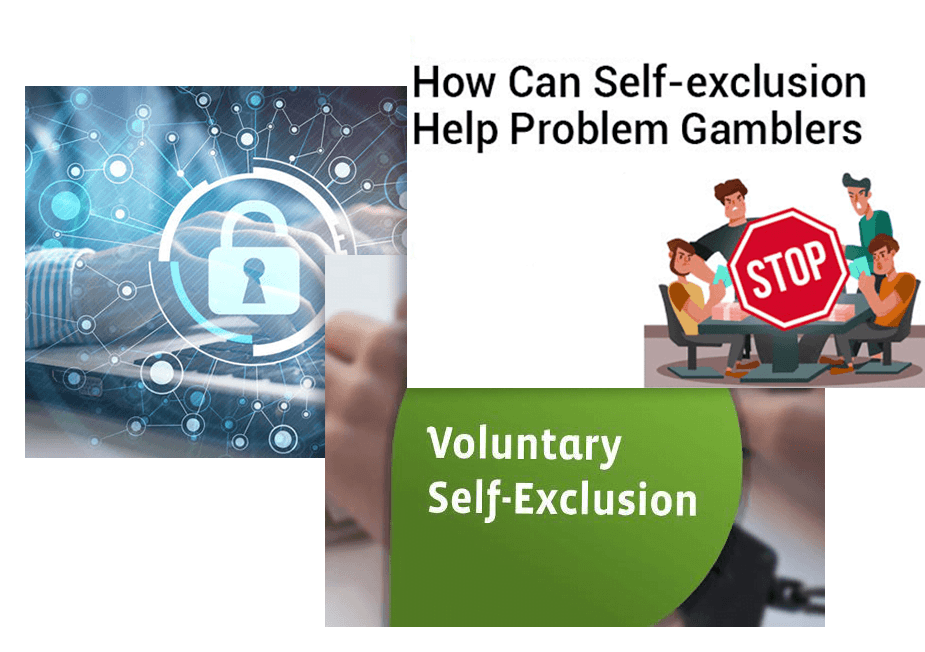For individuals struggling with gambling addiction, self-exclusion programs can be a crucial tool in their recovery journey. These programs allow individuals to voluntarily ban themselves from participating in gambling activities at casinos, online platforms, or other gambling establishments. In this article, we will delve deeper into the concept of self-exclusion programs, how they work, and the benefits they offer for those seeking to overcome their gambling habits.
What is Self-Exclusion?
Self-exclusion is a voluntary agreement that individuals make with gambling operators to ban themselves from accessing their services for a specified period. This could range from months to years, depending on the individual’s preferences. Once enrolled in a self-exclusion program, the individual’s information is added to a database shared among participating gambling operators, ensuring that they are barred from gambling activities across multiple venues.
How Do Self-Exclusion Programs Work?
Individuals interested in self-exclusion programs can typically sign up either in person at a gambling establishment or online through a designated website. During the registration process, the individual will be required to provide personal information for identification purposes, such as their name, date of birth, and contact details. Once enrolled, the individual will be prohibited from entering specific gambling venues or accessing online gambling platforms for the duration of their self-exclusion period.
Benefits of Self-Exclusion Programs
Self-exclusion programs offer several benefits for individuals struggling with gambling addiction. Firstly, they provide a physical barrier that prevents individuals from engaging in impulsive gambling behaviors. By voluntarily banning themselves from gambling activities, individuals can disrupt the cycle of addiction and gain greater control over their habits.
Secondly, self-exclusion programs serve as a form of accountability for individuals seeking to address their gambling issues. By committing to a self-imposed ban, individuals are taking a proactive step towards their recovery and demonstrating their commitment to changing their behavior.
Furthermore, self-exclusion programs can act as a supportive measure for individuals in need of additional assistance. By restricting their access to gambling activities, individuals can focus on seeking professional help and engaging in therapy or counseling to address the root causes of their addiction.
Challenges and Limitations
While self-exclusion programs are a valuable tool in the fight against gambling addiction, they are not without their challenges and limitations. One of the main drawbacks is that they rely on the individual’s willingness to adhere to the ban. In cases where individuals are not truly committed to their recovery, they may find ways to circumvent the self-exclusion measures and continue gambling.
Additionally, the effectiveness of self-exclusion programs may be limited by the lack of standardized regulations and enforcement mechanisms. Without consistent oversight and monitoring, some gambling operators may not fully comply with self-exclusion requests, undermining the efficacy of the program.
Conclusion
Self-exclusion programs play a vital role in supporting individuals with gambling addiction in their journey towards recovery. By providing a structured and enforceable ban on gambling activities, these programs help individuals break free from the cycle of addiction and regain control over their lives. While challenges exist, the benefits of self-exclusion programs cannot be understated in empowering individuals to make positive changes and seek help for their gambling issues.
